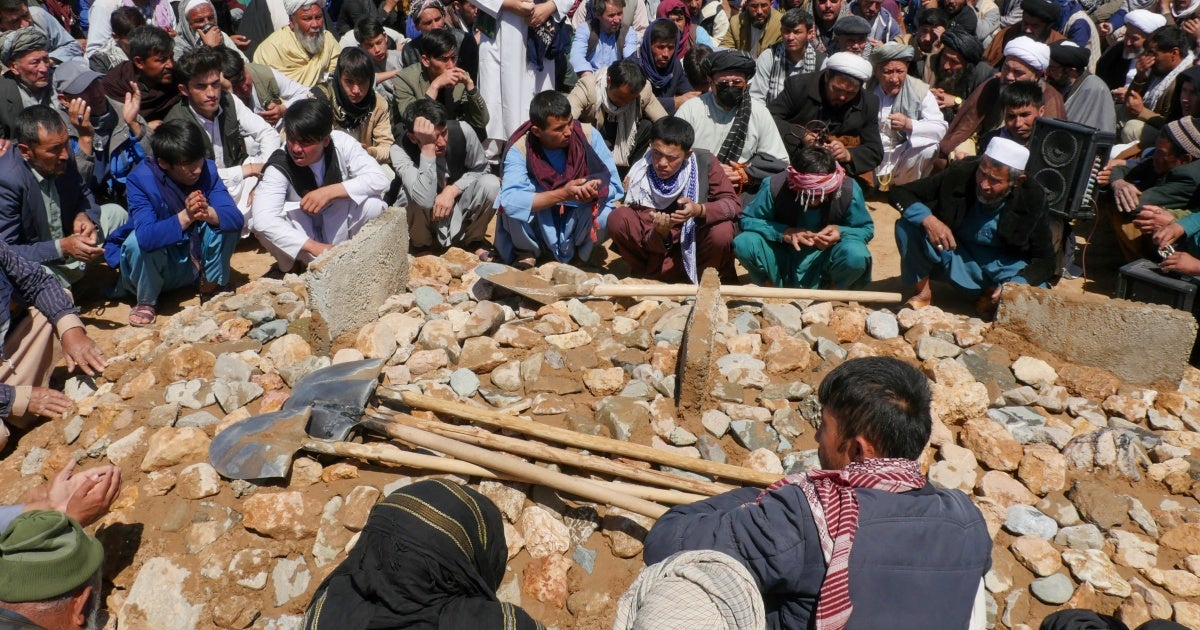For many Afghans, the country’s armed conflict has never ended.
The armed group Islamic State of Khorasan Province (ISKP) attracted worldwide attention in March when it attacked the Crocus City Hall in Moscow, killing at least 143 people and injuring many others. Since emerging in Afghanistan in 2015, the group has carried out a bloody campaign mostly targeting Shia-Hazara mosques and schools and other facilities in predominantly Hazara neighborhoods.
In the most recent attack, on April 29, an armed member of the group opened fire on worshippers at a Shia-Hazara mosque in western Herat province, killing six, including a child. On April 20, a magnetic bomb attached to a bus whose passengers were primarily Hazara exploded, killing one and injuring 10. On January 6, a similar attack on a bus in Dasht-e Barchi, a predominantly Hazara neighborhood of Kabul, killed five people, including at least one child, and injured 14. Dasht-e Barchi has been the site of numerous ISKP attacks. When ISKP claimed responsibility for the January 6 attack, they said it was part of their “kill them wherever you find them” campaign against “infidels.”
Between 2015 and mid-2021, ISKP attacks killed and injured more than 2,000 civilians primarily in Kabul, Jalalabad, and Kandahar. Since the Taliban took over Afghanistan in August 2021, these attacks have continued – killing and injuring over 700.
The Taliban have long battled the ISKP, which have also targeted Taliban personnel. A suicide bombing outside a Kandahar bank on March 21 killed at least 21 people and injured 50, many of them Taliban ministry employees who had lined up to collect their salaries.
Attacks on Hazara and other religious minorities and targeted attacks on civilians violate international humanitarian law, which still applies in Afghanistan. Deliberate attacks on civilians are war crimes. Beyond the immediate loss of life, such attacks incur lasting damage to physical and mental health, cause long-term economic hardship, and result in new barriers to education and public life.
Like the previous Afghan government, Taliban authorities have not taken adequate measures to protect Hazaras and other communities at risk or provide assistance to survivors of attacks, though they are responsible for ensuring the safety of all Afghan citizens.




